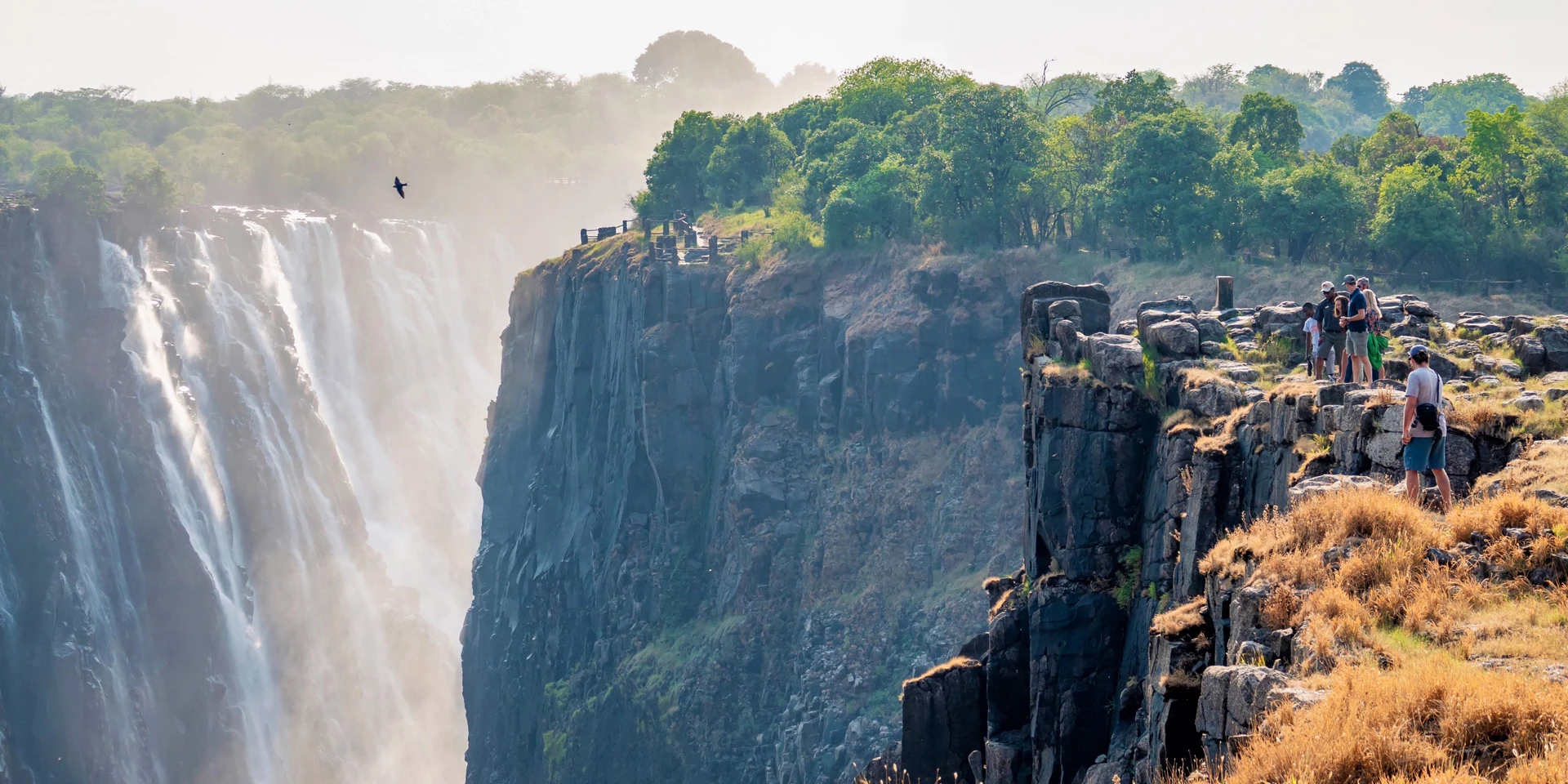By Hlazo Mkandawire
Zimbabwe has long been one of Africa’s tourism giants.
Blessed with spectacular landscapes, exceptional biodiversity, and abundant wildlife, the country is home to some of the world's most iconic tourist sites, from Victoria Falls and Hwange National Park, to Great Zimbabwe — a medieval city in the south-eastern hills and a UNESCO World Heritage Site.
These magnificent sites attract visitors from around the world, contributing significantly to the country’s economy. The tourism sector contributes 4.25 percent of GDP and 1.56 percent of total employment.
Recently, however, the sector has been hit by a series of economic shocks – not least the fallout from the COVID-19 pandemic. That has led to a significant drop in contributions to Zimbabwe’s economy.
Last year, tourist visits dropped by almost 2 million compared to 2019. This was mirrored by reduced revenues in international tourism receipts, which totaled $397 million in 2021 — a steep fall from the $1.1 billion total in 2019.
An IFC program is addressing several challenges to get the tourism sector back on its feet. In 2020, at the start of the pandemic, IFC and the Government of Japan partnered to support a four-year Zimbabwe Destination Development Program (ZDDP), providing technical support to the Ministry of Environment, Climate, Tourism and Hospitality Industry, and the Ministry of Transport and Infrastructural Development to help develop the sector.
According to Nevill, the program was designed to accelerate tourism recovery by supporting the sector’s ecosystem, from improving access to enhancing planning and promotion and strengthening policies – but also concentrating on rebuilding Victoria Falls, the country’s major destination.
“We wanted to support Victoria Falls to get back on its feet as the engine to drive growth in the tourism economy,” said Nevill.

Tourists participate in a zambezi horse safari. Photo: We Are Victoria Falls
Among the initiatives pioneered by the program was the establishment of the government’s Air Access Development Program to boost air connectivity, following the pandemic-induced aviation crash, and repositioning of Victoria Falls airport as a regional gateway. The program’s technical committee has held over 50 meetings with 30 airlines and pitched 20 targeted business cases so far.
Eight new routes or frequencies – the number of times a carrier services a route – have since been added to Zimbabwe, bringing trade and tourists direct from Botswana, Germany, Namibia, South Africa and Qatar. Including Lufthansa, who provided the first direct flight from Europe to land in Victoria Falls on March 30, 2022.
The program also embarked on an ambitious project to create a "destination management partnership" for Victoria Falls. Led by the Victoria Falls City Council, it unites public and private sector players to work together in making the city a better place to live in, and a better place for people to visit. The partnership focuses on coordination to grow the tourism economy but also control and derive more value from it.
To expose Zimbabwe to current destination management practices, IFC took 14 officials to Cape Town — one of Africa’s most successful destinations — on a tourism peer-to-peer exchange, hosted by Cape Town Tourism, in September. The Zimbabwean officials learned what drives a successful destination management practice and were able to take those lessons back to their home countries.
